Artificial Intelligence and Machine Learning: Case Studies in Rare Disease Drug Development
Drug development remains a field defined by failure, with roughly 90% of products entering clinical trials shelved after companies spend countless hours and millions of dollars testing them only to discover worrying safety signals or lack of efficacy in the intended patient population.
By analyzing large complex biological and clinical datasets, AI/ML algorithms can help researchers optimize drug design and biomarker identification by uncovering patterns previously invisible to the human mind – improving our ability to predict what is likely to succeed (or fail) in clinical trials with greater confidence.
Speakers will explore specific use cases for AI/ML in drug discovery, including biomarker identification and clinical trial design, and discuss challenges that need to be overcome for the field to accelerate the adoption of best practices for training/validating algorithms; detect bias that could undermine patient equity and safety; and ensure that regulators, clinicians, and patients have confidence in the performance of AI tools to improve real world patient outcomes.
Moderator:
Paul Howard - Senior Director, Amicus Therapeutics and AAIH Executive Committee Member
Panelists:
Irit Rappley - Vice President of Neuroscience and Translational Research, Recursion
Ashley Zehnder - Co-Founder and CEO, Fauna Bio
Thomas Defay - Deputy Head of Diagnostics Strategy and Development, Alexion Pharmaceuticals
Jonathan Hirsch - Investor
